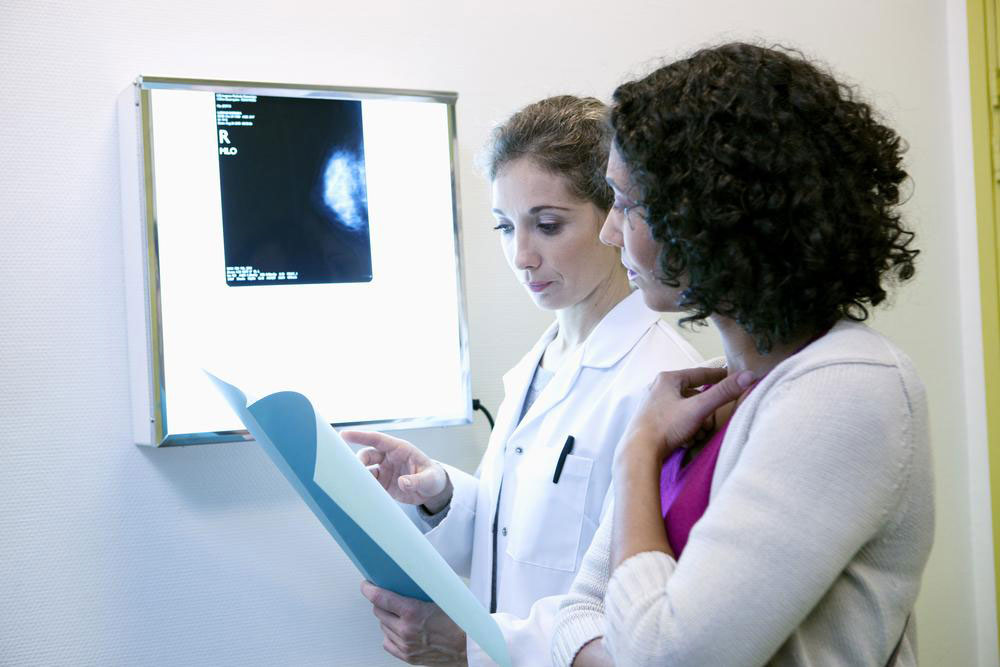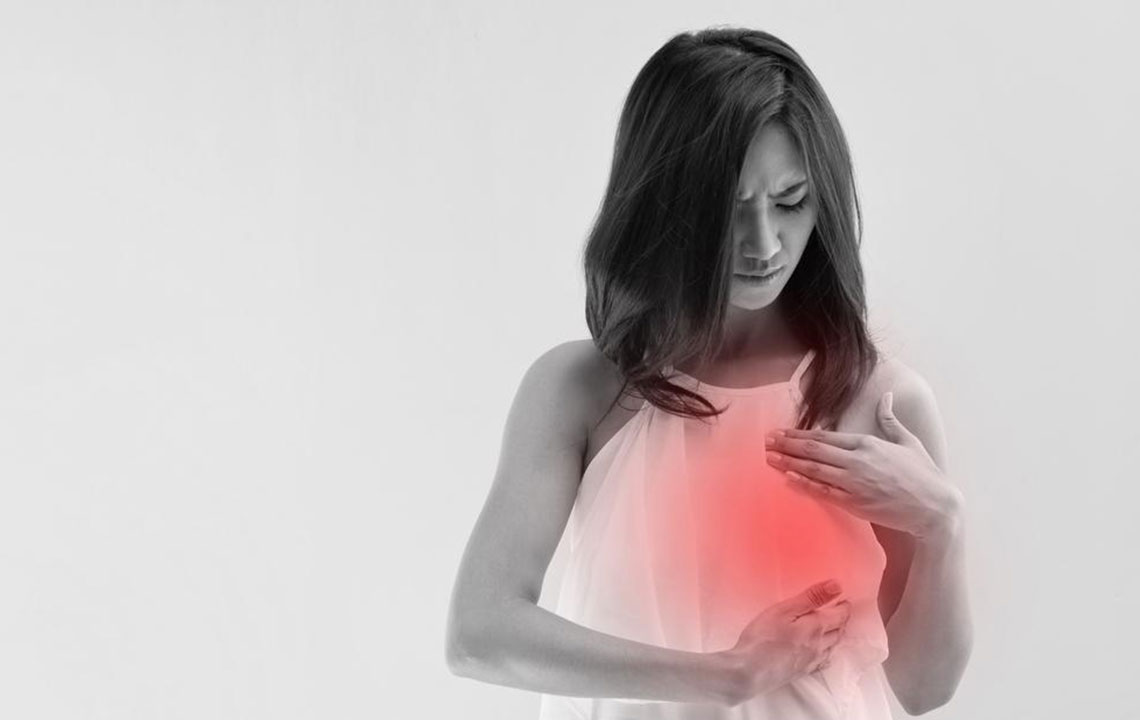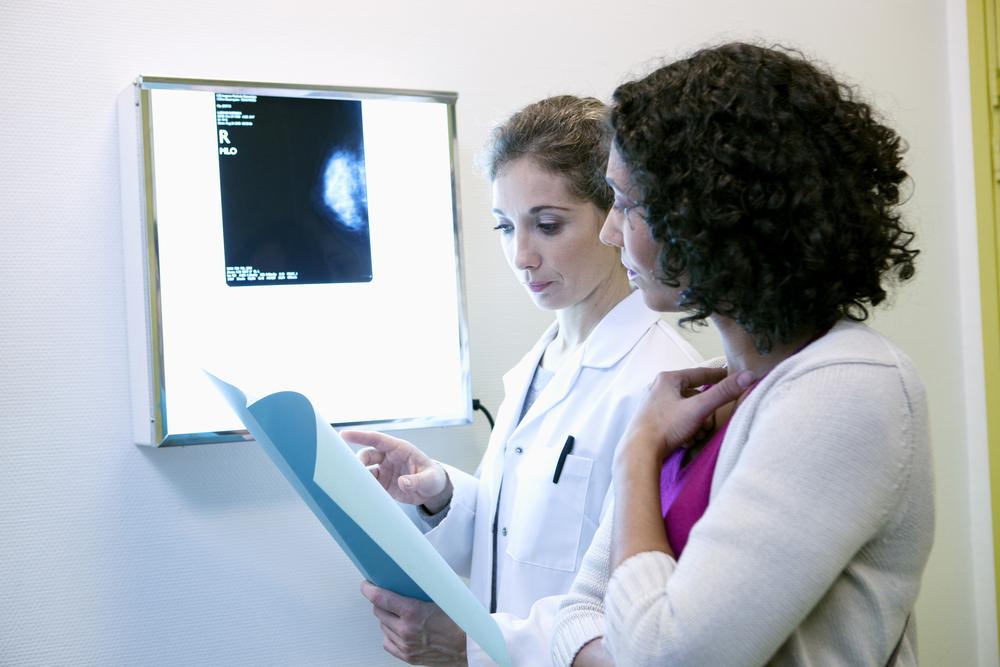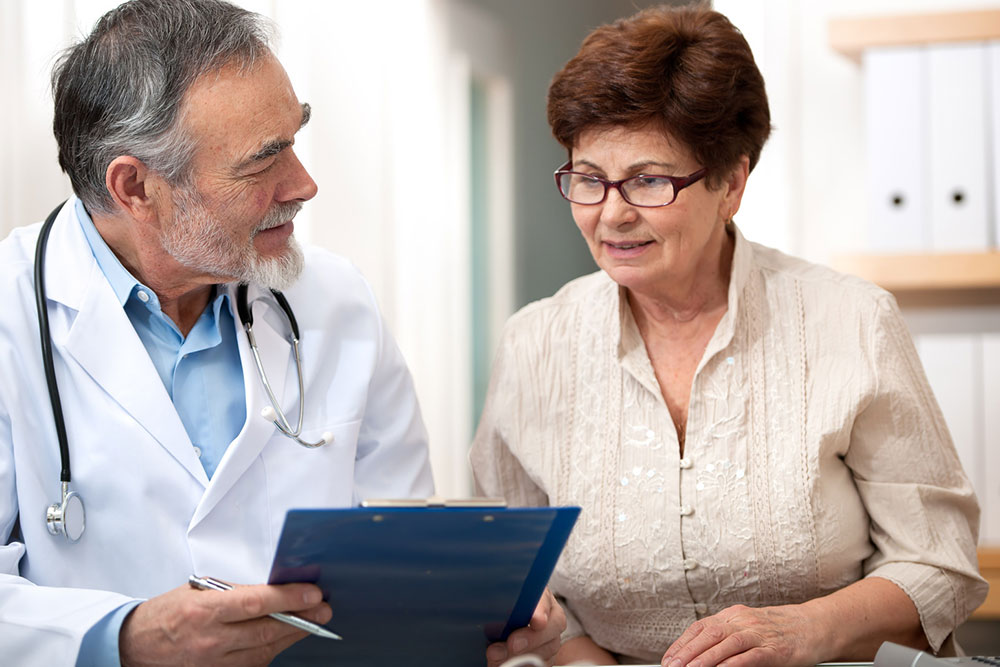Essential Facts About Breast Cancer You Should Know
This article shares vital insights into breast cancer, emphasizing the importance of awareness, early detection, and understanding that the disease can affect both genders. It highlights key symptoms, screening methods like mammograms, and dispels common myths. Regular self-examinations and medical consultations are crucial for early intervention. Understanding these facts can empower individuals to take proactive steps toward breast health and timely medical assessment.
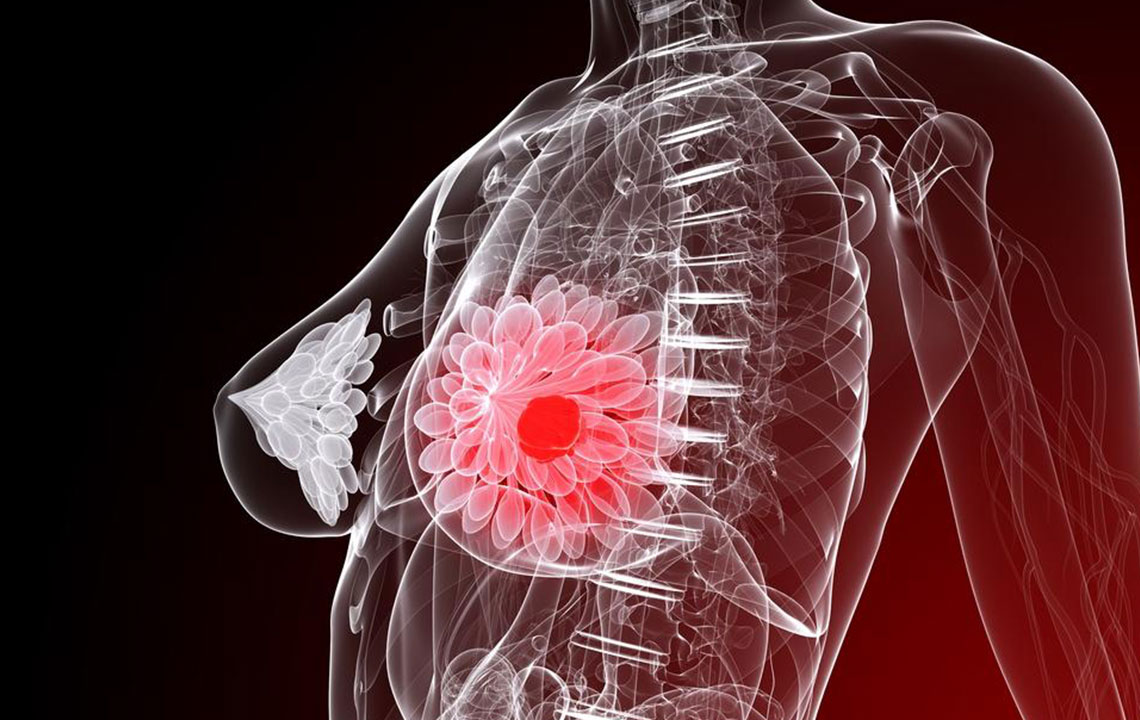
Essential Facts About Breast Cancer You Should Know
Breast cancer is often detected through symptoms like lumps, changes in the breast shape or appearance, or abnormal findings on mammograms. It ranks as one of the most prevalent cancers among women, second only to skin cancer. The incidence of HER2-positive breast cancer is also increasing globally.
Here are five crucial facts about breast cancer everyone should understand.
It affects both men and women: While predominantly a female disease, men can also develop breast cancer, though it is rare.
Not all breast cancers present with a lump: While a lump is a common sign, some types may not manifest as a palpable lump, making detection more challenging.
Perform regular self-examinations: Monthly breast checks can help identify anomalies such as swelling, skin changes, nipple alterations, or discomfort, aiding early detection.
Mammograms are valuable tools: Mammography remains the most effective screening method for detecting early signs of breast cancer, though results can sometimes be inconclusive and require follow-up.
Genetic factors are less common causes: Although family history can increase risk, genetic mutations are not the primary cause of breast cancer for most individuals. Consulting a doctor about genetic testing is advisable if there's a family history.
Remember these myths about breast cancer:
There’s no specific age when it can strike.
Gender alone does not provide immunity.
No family history doesn’t mean immunity.
Healthy eating and exercise do not fully prevent it.
If you have concerns or risk factors, consult with a healthcare professional promptly.

